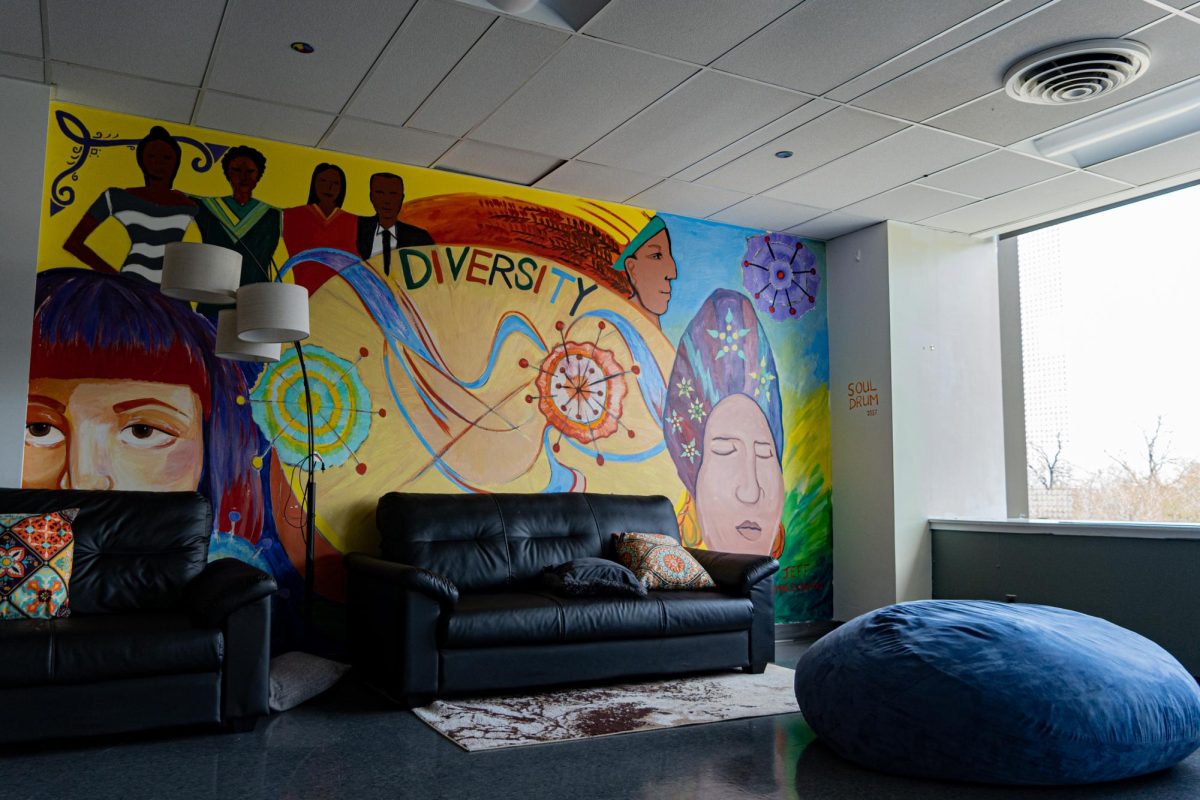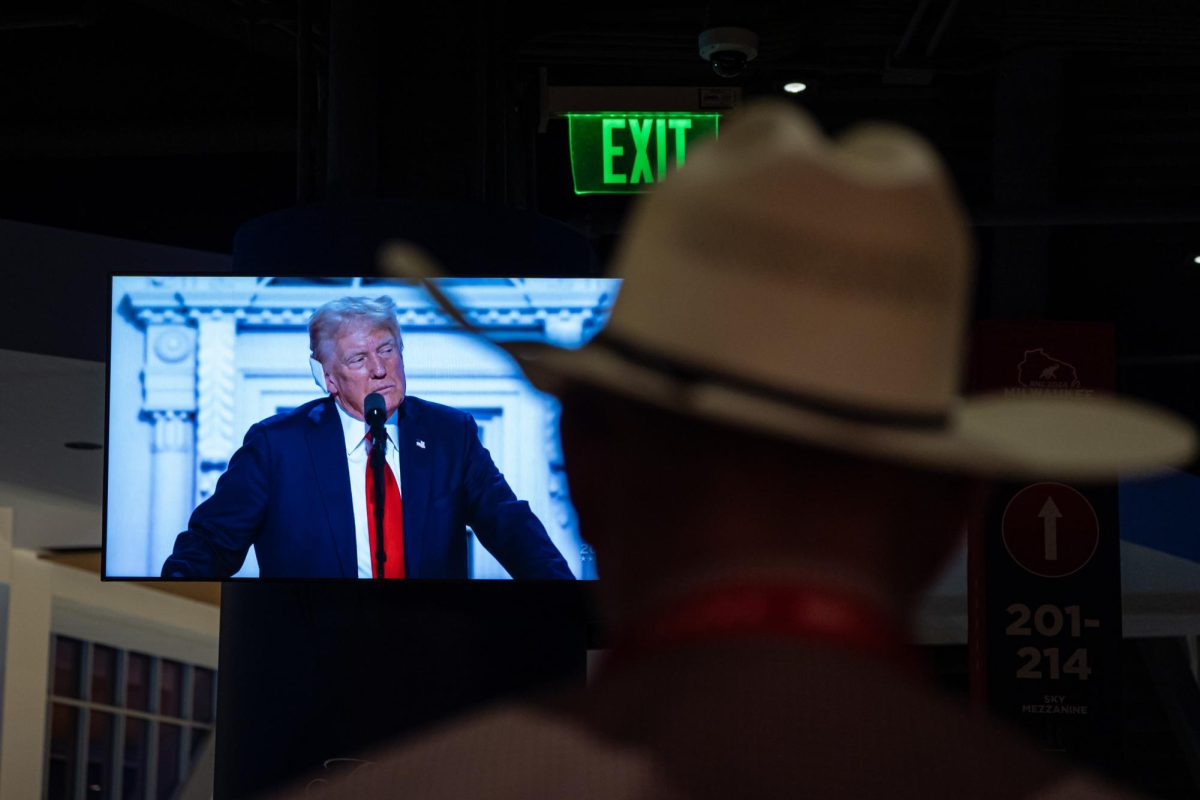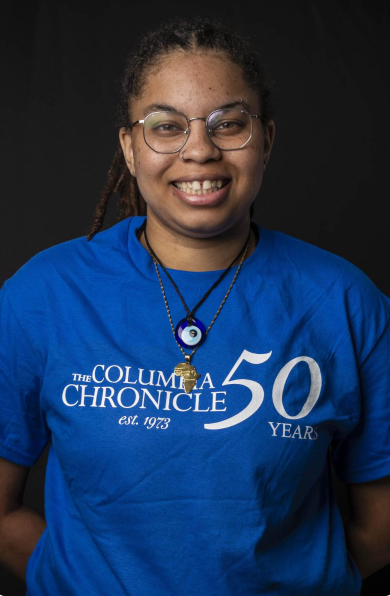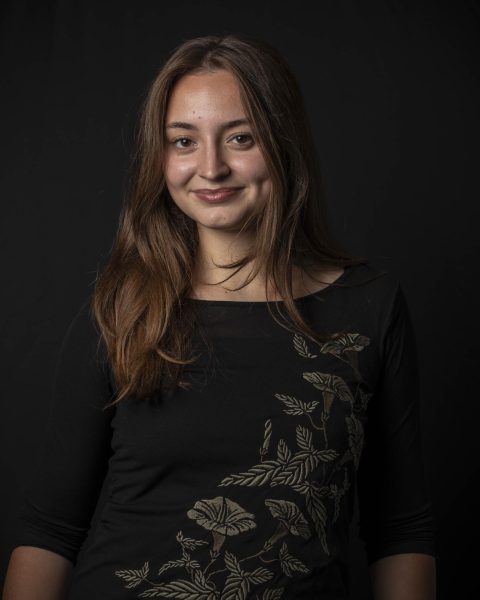This story has been updated.
More than a year after Columbia’s academic DEI director resigned, the college has named a new special advisor for DEI initiatives, creating a new leadership role for Rosita Sands, the former dean of the now defunct School of Fine and Performing Arts.
Sands was the last of the four former school deans to get a new position under the college’s major restructuring.
Interim President and CEO Jerry Tarrer and Marcella David, senior vice president and provost, announced in an email in early August that Sands will be the new special advisor for Diversity, Equity and Inclusion Initiatives. Sands will begin the new role on Friday, Aug. 16, and will be responsible for developing “new formats for elevating DEI” under the new structure, which divided the college’s former departments into eight new schools.
The three other former deans also have new positions. Suzanne McBride, who served as dean of the former School of Graduate Studies, is now the dean of Faculty Affairs; Steven Corey, who served as dean of the former School of Liberal Arts and Sciences, is now the dean of Academic Operations and Programming and Tom Dowd, who was interim dean of the former School of Media Arts, is now the interim director of the School of Design.
Sands, who previously served as the director for the Center for Black Music Research, said she admires Columbia’s commitment to diversity.
“I am very excited about continuing my service to the college in a new capacity and for the opportunity to strengthen and amplify the DEI-focused endeavors on our campus,” Sands told the Chronicle. “I’m proud that at CCC we remain committed to infusing DEI principles across our curriculum and academic programming.”
The college has been without a DEI leader since last summer when Jessica Meharry, who was director of Academic Diversity, Equity and Inclusion and an associate professor in the Business & Entrepreneurship Department, resigned on Aug. 2.
Meharry was the fourth Academic DEI director to resign since the office was established in 2016.
At the time, the college said the next appointment would come “very soon.” The position remained unfilled.
The DEI Executive Committee, which Meharry had headed, also lost two members when the college laid off 70 staff members across the college in June. It is unclear what will happen to the committee or if it will continue under Sands.
Sands’ transition into the new DEI role comes as the college disbands the Antiracism Transformation Team (ArTT), launched by former President Kwang-Wu Kim in 2020.
The ArTT Fellows consisted of faculty and staff across the college, including Danielle Alexander, Matthew Andersen, Clara Fitzpatrick, Rachel Horton, Charee Mosby-Holloway, Kelsa Reiger-Haywood, H Schenck and Jacob Victorine.
Andersen, an assistant professor in the School of Communication, Culture and Society, said he was “perplexed” by the college’s decision to end the ArTT.
“This wasn’t just another committee; it was an anti-racism community that included a wide range of voices, fostering critical conversations and activism against systemic racism both within and outside the college,” Andersen said. “Why would anyone want to end something as effective as ArTT?”
What comes next:
In the announcement, Tarrer said the college will continue to support its new status as a Hispanic-serving Institution. The college’s Hispanic population reached 28.2% of 6,529 students in Fall 2023, according to the Office of Institutional Effectiveness. Colleges need 25% to achieve the designation. The college needs to wait until 2025 to apply.
Tarrer said a committee of faculty, staff, students, alumni and friends will be formed to “develop plans for academic and co-curricular programming, and to explore partnerships and resources” to continue work on the designation.
Shortly before the Fall 2023 semester began, Kim announced that the college would hire a DEI consultant to “meet with a range of campus stakeholders” and deliver a report of recommendations by the end of the semester. However, the semester was disrupted by the part-time faculty union strike.
Tobias Spears, an assistant dean and Diversity, Equity and Inclusion officer at the University of Chicago’s Biological Sciences Division, completed the report and shared it with the administration, but it was not distributed to the wider campus community.
The Chronicle requested the report multiple times in Spring 2024 but was denied access.
Tarrer and David said in the email announcement that the college plans to release the results of ArTT’s campus climate survey and would share the “DEI assessment” but no date was given.
Spears declined to comment until he received permission from the college to speak to the Chronicle.
Andersen said that while he wished the college had built its new DEI initiatives from the work ArTT had done, it is clear Columbia “isn’t giving up on its DEI efforts like many other colleges nationwide have. This is good news, and I look forward to learning more about it in the upcoming weeks.”
“Maybe it’s my selfish reason because I want to continue to work with my team for many years to come,” said Andersen. “Since that won’t happen, I hope the new initiative led by Dr. Rosita Sands will consider adopting ArTT’s community model and continue the work we weren’t able to finish.”
Copy edited by Doreen Abril Albuerne-Rodriguez
Resumen en Español:
Columbia ha nombrado a Rosita Sands como la nueva asesora especial para Iniciativas de Diversidad, Equidad e Inclusión (DEI), llenando un puesto que estuvo vacante durante más de un año. Sands, anteriormente decana de la Escuela de Artes Escénicas y Bellas Artes, liderará las iniciativas de DEI como parte de la reciente reestructuración de la universidad.
Al mismo tiempo, Columbia está disolviendo el Equipo de Transformación Antirracista, que se estableció en respuesta a las protestas por la muerte de George Floyd. Esta decisión ha generado preocupación entre el profesorado, pero la universidad asegura que su compromiso con la DEI sigue siendo fuerte, con planes para publicar una evaluación de DEI y los resultados de una encuesta sobre el clima en el campus.
Resumen en Español por Doreen Abril Albuerne-Rodriguez










